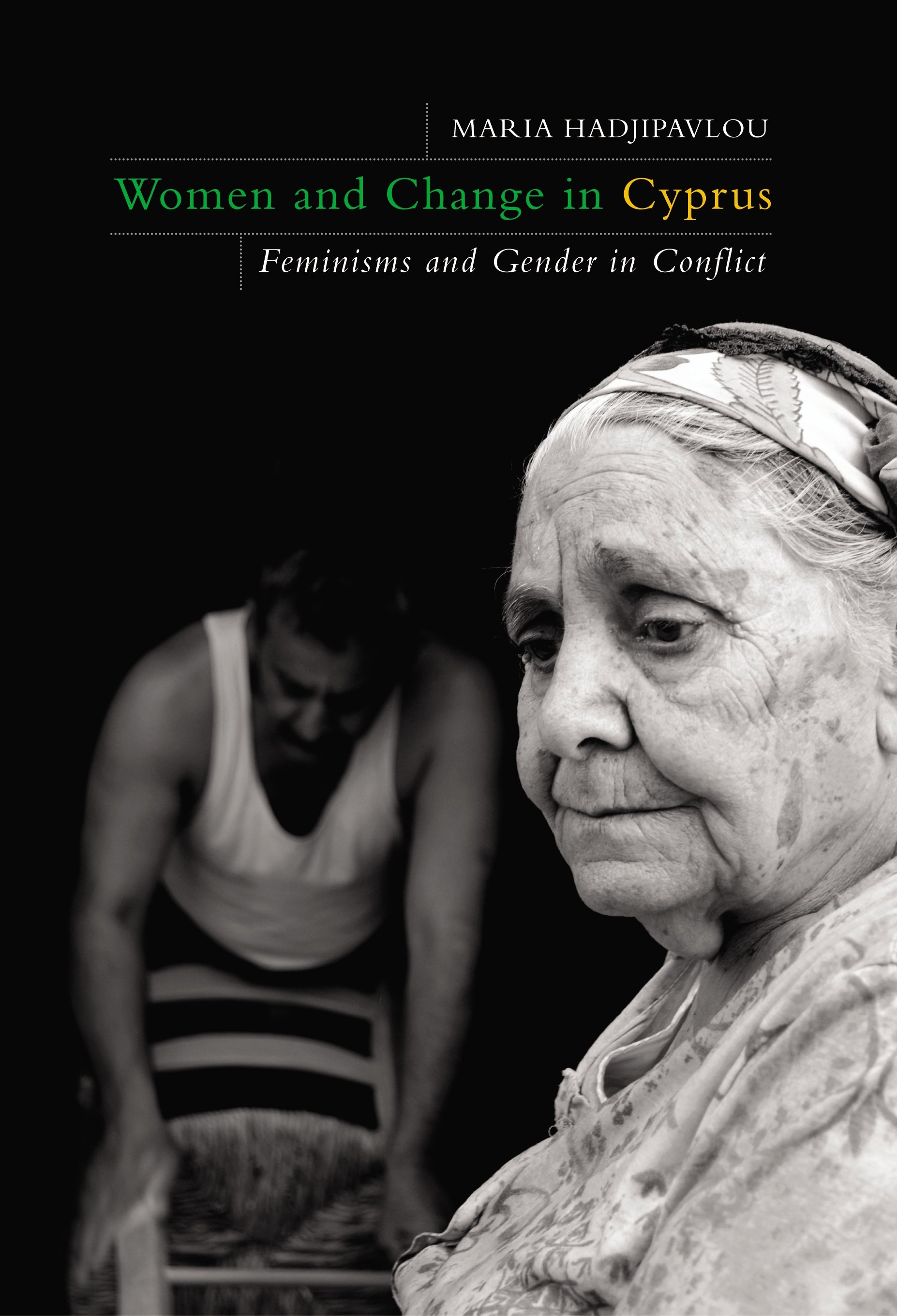Women and Change in Cyprus
Women and Change in Cyprus
Following its entry into the EU in 2004, Cyprus has become a major migrant destination. The influx of migrant workers has introduced a more complex ethnic dynamic into a country traditionally considered in light of its history of conflict between its...
Read more
Following its entry into the EU in 2004, Cyprus has become a major migrant destination. The influx of migrant workers has introduced a more complex ethnic dynamic into a country traditionally considered in light of its history of conflict between its Greek and Turkish ethnic nationals. Maria Hadjipavlou argues that the focus on the 'national problem' in the contemporary history of Cyprus has prevented the creation of a central space in which Cypriot women can pursue women's rights and public visibility in a society that is patriarchal and militaristic. Hadjipavlou examines the experiences of women from Greek, Turkish, Armenian, Maronite and Latin communities and migrant domestic workers in the context of ethno-national conflict, ethnic divisions, nationalism and militarism. While many Cypriot women are now 'liberated' from the home in order to participate in the labour market and gain some economic independence, they are still expected to fulfil traditional roles as wives, mothers and housekeepers. In order to pursue their careers and private and public autonomy, they employ female migrant domestic workers. These women from the 'margins' are exposed to exploitation and risk of abuse, and patriarchal practices are therefore in effect reproduced. In 2003 the opening of a number of border crossing points between the South and the Northern parts of Cyprus offered the opportunity for greater contact between the Greek and Turkish sides of the island. Women who had been displaced from both sides were able to visit their former homes and meet the new owners - their Turkish or Greek 'others'. Hadjipavlou argues that this breaking down of dual ethnic boundaries, and the increasingly multicultural make-up of the island, creates the opportunity for women from all communities to focus on common interests and desire for change. She proposes the creation of a multi-communal feminist movement in Cyprus to better promote women's rights and to challenge patriarchal order. This original study, based on ethnographic research and feminist perspectives, provides a fresh new angle on Cyprus's 'national problem' and conflict resolution, and presents a valuable contribution to the fields of Gender Studies, Migration Studies, Conflict Studies and European Studies.
Less











.jpg)

















